Exercise Physiology
Exercise PhysiologistsMid North Coast
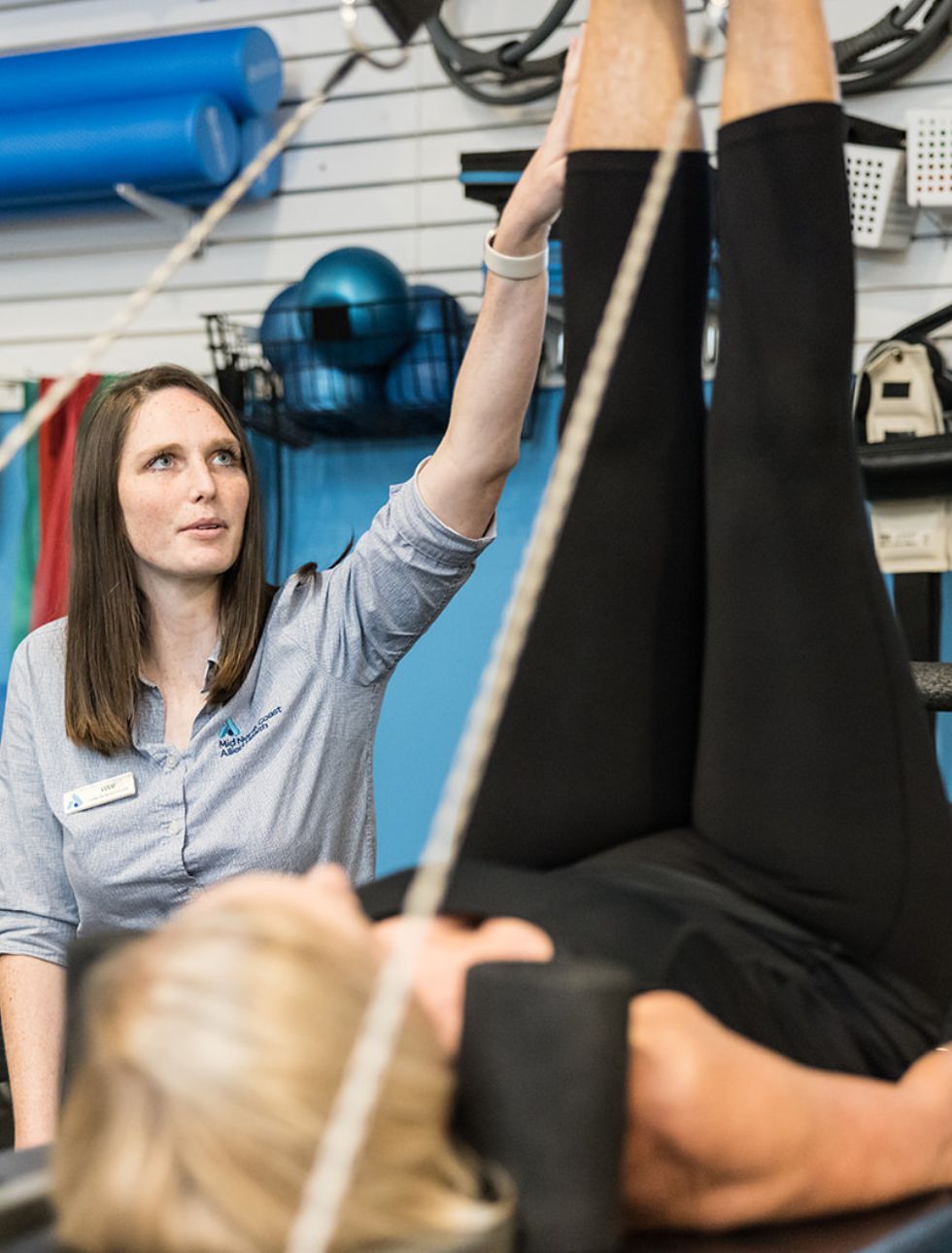
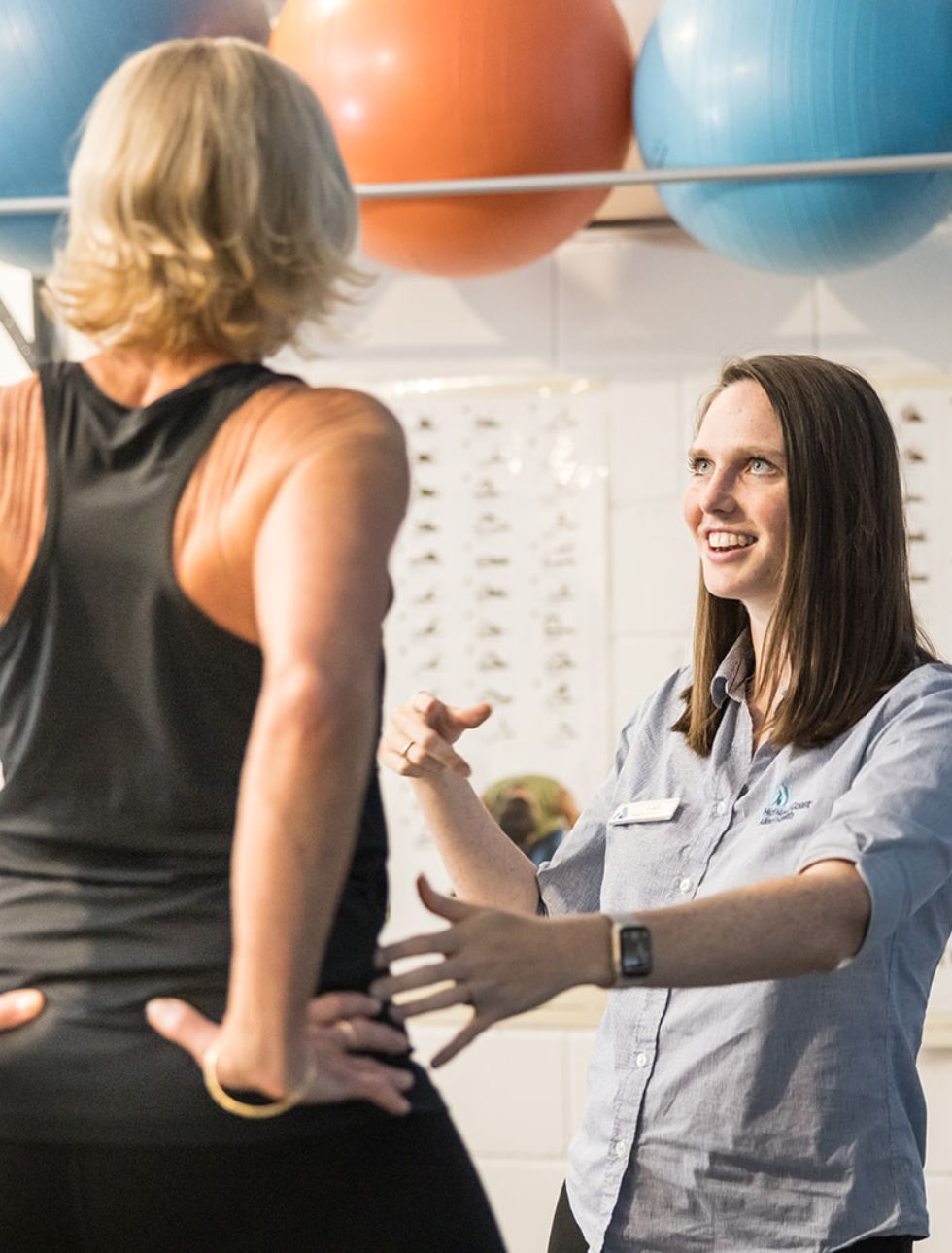
How Can Exercise Physiology help you to
- improve your core strength to manage chronic back pain
- manage diabetes with safe exercise
- reduce your risk of heart disease
- recover after a heart attack
- lose weight through sustainable exercise
- minimise the progression of Parkinson’s Disease and maintain function
- reduce your risk of falls by improving balance and mobility
- improve your athletic performance with a high-performance program
- return to work sooner after injury
- maximise the benefits of post-surgery rehab
FAQ
What is Exercise Physiology?
Exercise physiology explores how the body responds and adapts to physical activity and exercise. It examines the effects of exercise on various physiological systems, such as cardiovascular health, respiratory function, and musculoskeletal strength. Exercise physiologists understand how different types and intensities of exercise impact the body.
With in-depth professional knowledge, they develop personalised exercise programs tailored to individual needs and goals. By analysing data from exercise tests and monitoring vital signs, exercise physiologists can determine the most suitable exercise prescription for improving overall health, enhancing athletic performance, and promoting well-being.
What’s exercise physiology good for?
Exercise physiology offers a wide range of benefits, including:
- Improved cardiovascular health
- Increased muscular strength and endurance
- Enhanced flexibility and mobility
- Weight management and body composition improvements
- Reduced risk of chronic diseases, such as heart disease and diabetes
- Better management of chronic conditions like hypertension and obesity
- Faster recovery from injuries and enhanced rehabilitation
- Improved mental health and reduced stress levels
- Enhanced athletic performance and sports-specific conditioning
Are there any contraindications for exercise physiology?
While exercise physiology is generally considered safe and beneficial for most individuals, there may be contraindications in certain cases. These may include acute injuries, severe illness, unstable cardiovascular conditions, or specific medical conditions that require special precautions.
It is essential to consult with a qualified exercise physiologist or healthcare professional, such as our professional physiologists at Mid North Coast Allied Health, to assess any contraindications based on individual circumstances.
What services do exercise physiologists provide?
Exercise physiologists provide a range of valuable services, including:
- Fitness assessments to evaluate current fitness levels.
- Development of exercise programs based on individual goals and needs.
- Exercise testing to gather data on cardiovascular performance, strength, flexibility, and body composition.
- Education and counselling on exercise techniques, injury prevention, and healthy lifestyle modifications.
- Monitoring progress and adapting exercise programs as needed.
- Working with healthcare professionals to provide comprehensive care.
- Rehabilitation programs for injuries or chronic conditions.
- Guidance on optimising athletic performance and sports-specific conditioning.
What Is The Difference Between Physiotherapy And Exercise Physiology?
Physiotherapy focuses on the treatment of physical conditions and injuries through manual therapy, modalities, and therapeutic exercises. Physiotherapists often work in rehabilitation settings, helping individuals recover from injuries, manage musculoskeletal disorders, and improve functional capacity.
Exercise physiology, on the other hand, specifically focuses on studying the body’s responses to exercise and creating exercise programs to optimise health and performance. While both fields overlap in their use of exercise as a therapeutic tool, exercise physiology has a specific focus on exercise prescription and understanding the physiological effects of exercise.
Is exercise physiology the same as kinesiology?
Kinesiology encompasses the study of human movement, including various aspects such as biomechanics, anatomy, physiology, psychology, and sociology. While exercise physiology focuses on the physiological responses and adaptations to exercise, kinesiology encompasses a wider range of topics related to human movement.
Where to find us
If your mobility is impaired, let our team know and they can organise a home visit for you or someone you care for.
The Grange
9A/84 Lake Road, Port Macquarie
Your Life Fitness Centre
180 Lake Road, Port Macquarie
Sovereign Hills
Shop T21/15 Chancellors Dr, Thrumster
Laurieton
16 Laurie Street
Urunga
18 Bonville Street
Coffs Harbour
Sport and Fitness Precinct, within Ace Performance (T Block), 363 Hogbin Dr
Coffs Harbour
1-7 Hurley Drive, World Gym
Woolgoolga
19 Market Street
Moonee Beach
Club Lime, 2B Moonee Beach Rd
Find new ways to move and feel
Mid North Coast Allied Health help many people from all walks of life every year to reach their goals.
With many services on offer let’s find a way to make you feel better.
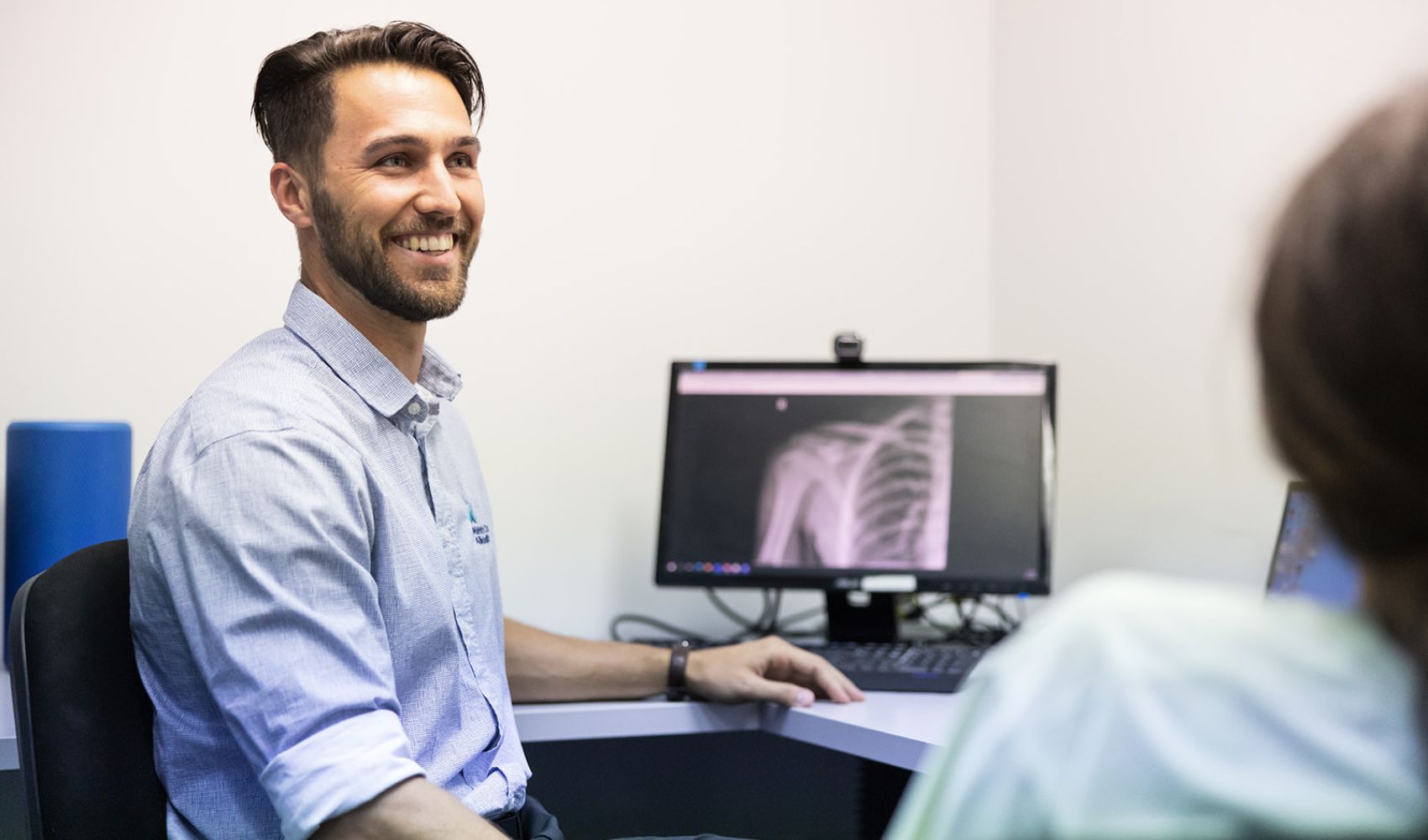
Physiotherapy
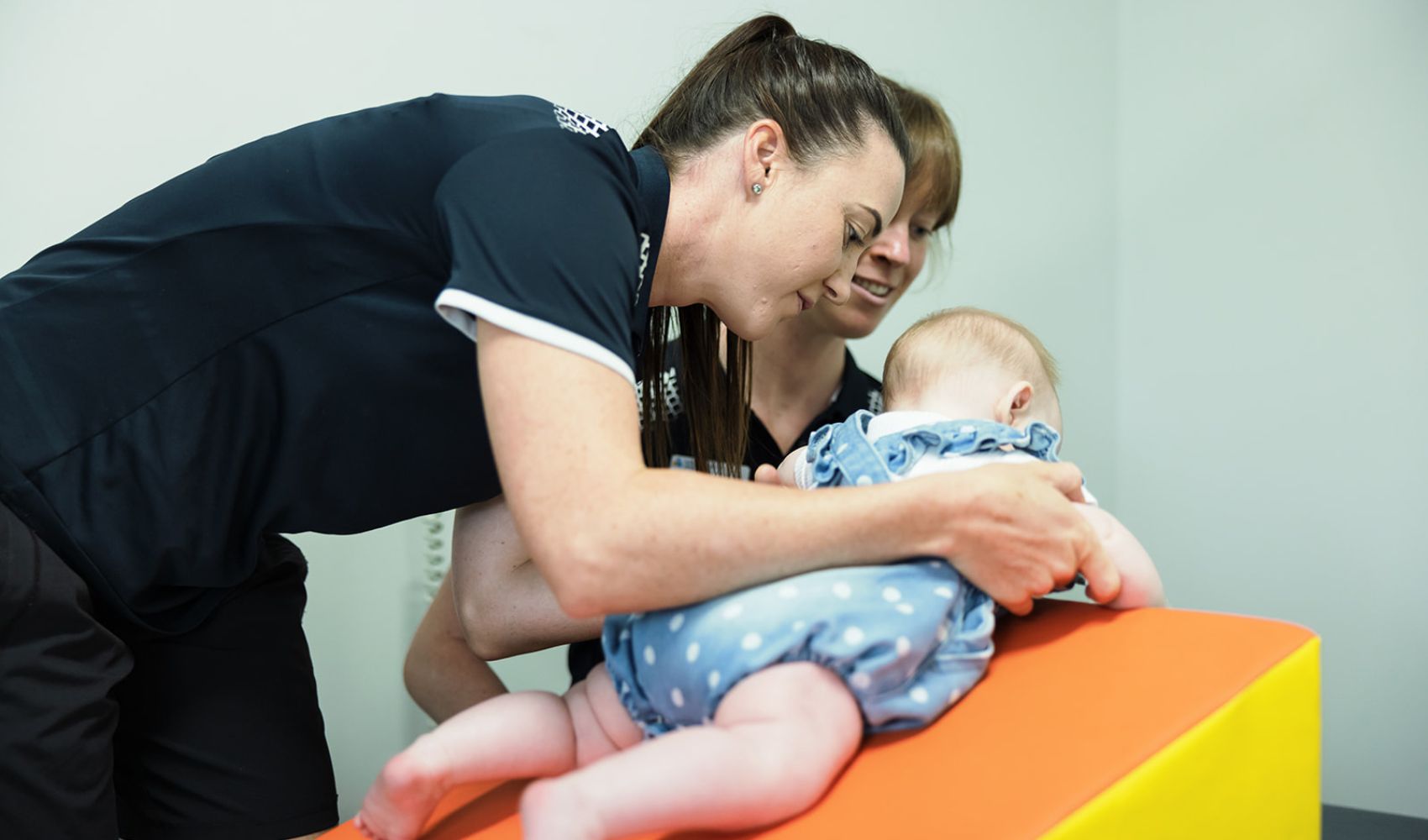
Kids Physiotherapy
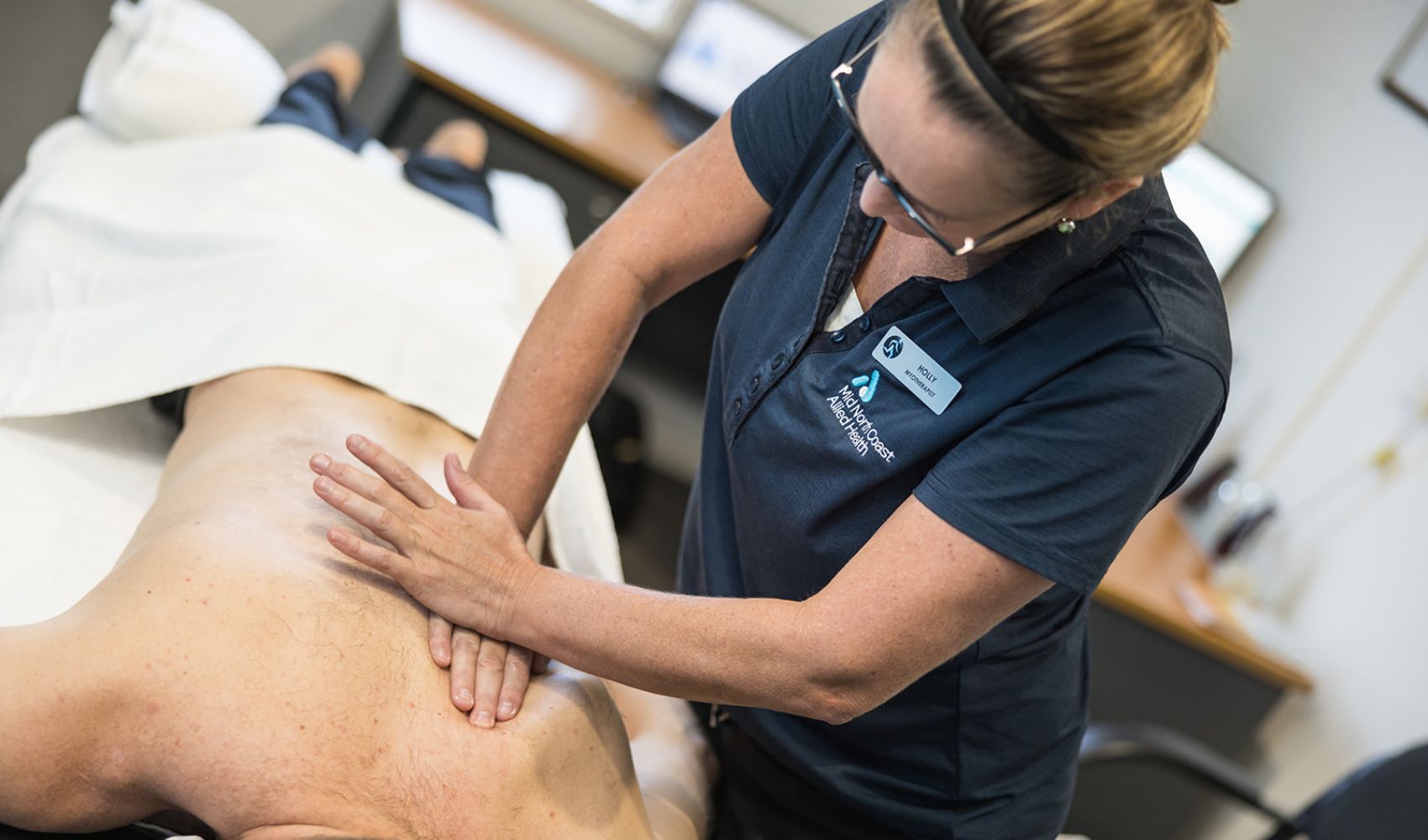
Massage

Women's Health
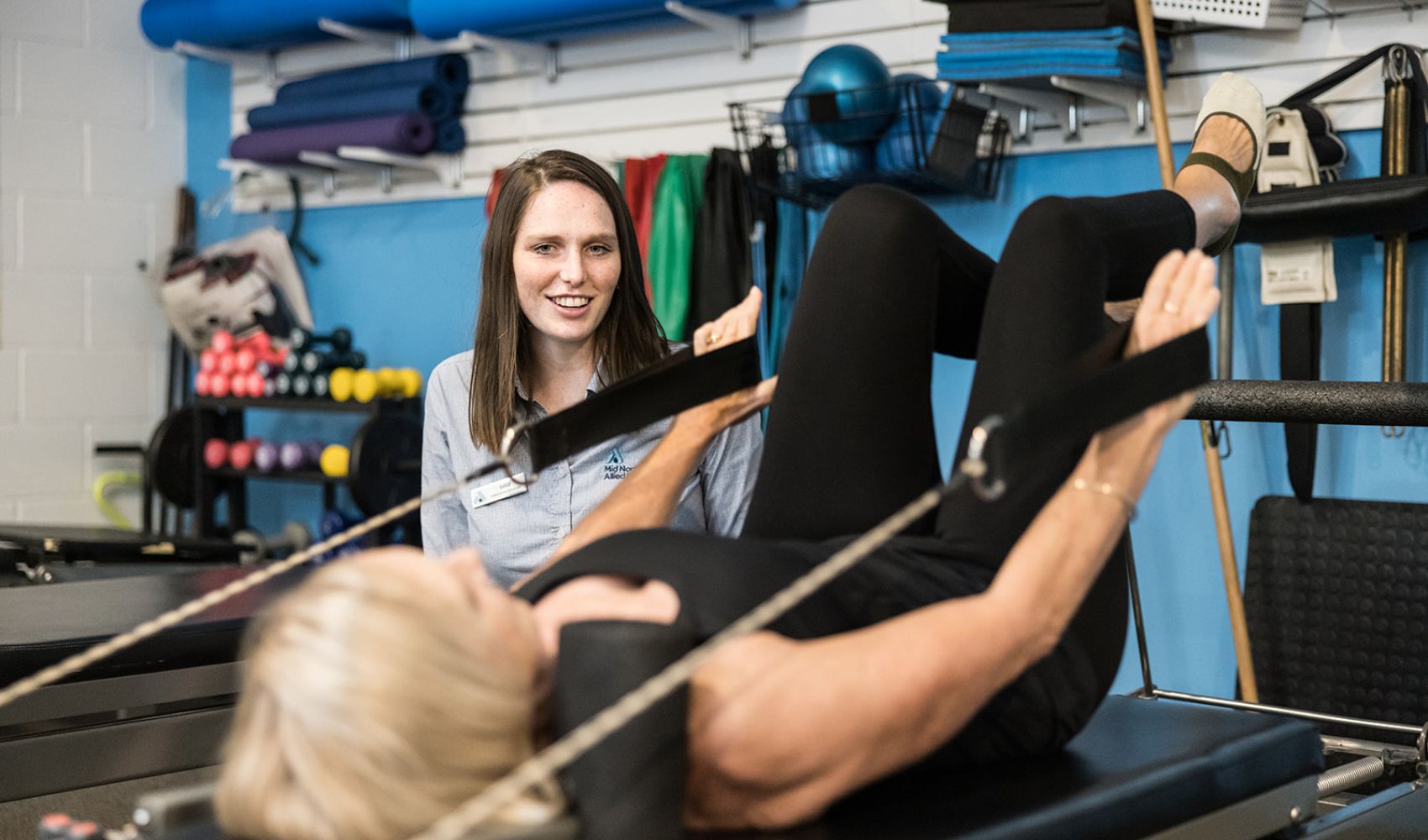
Exercise Class
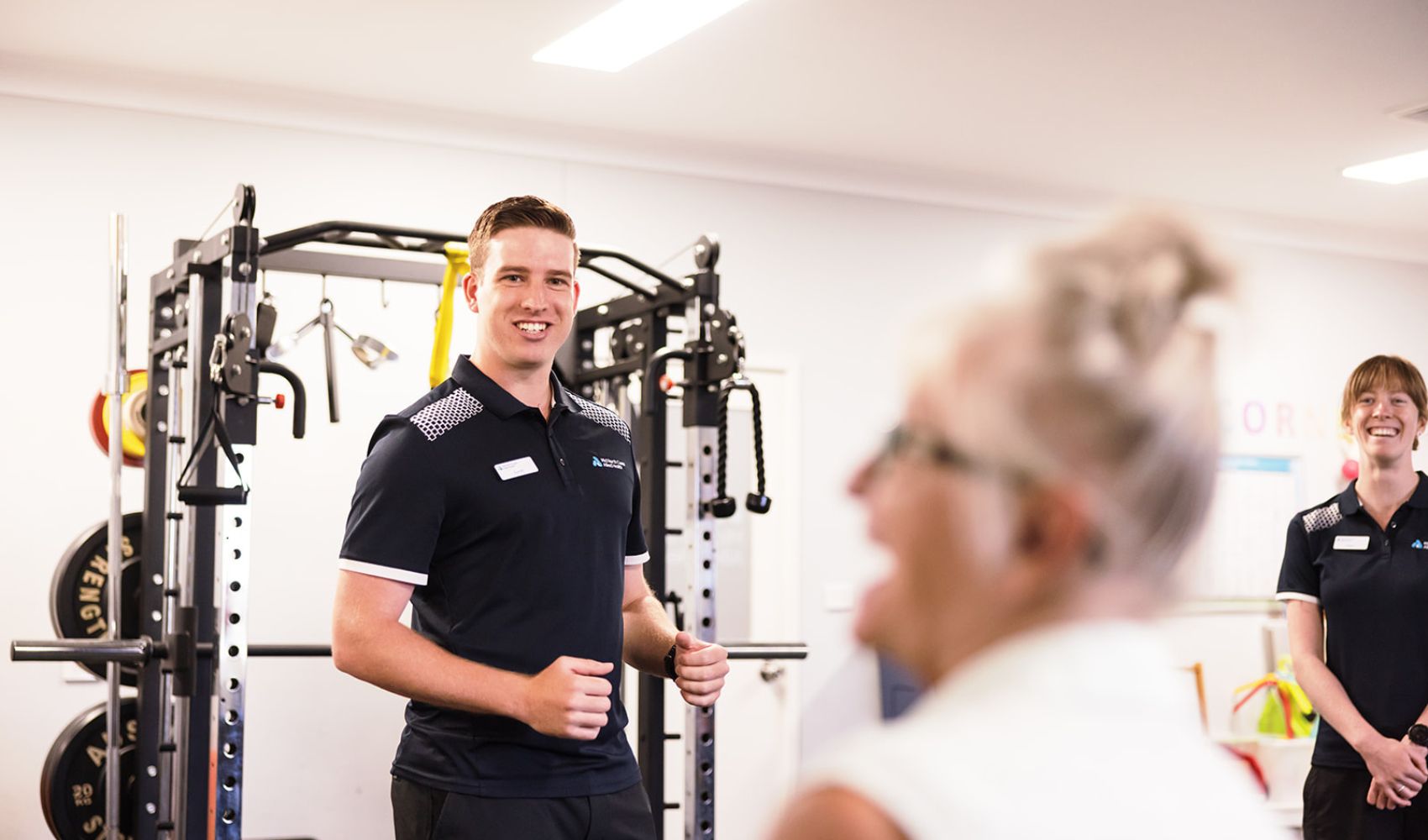
NDIS / Disabilty

Nutrition and Dietetics
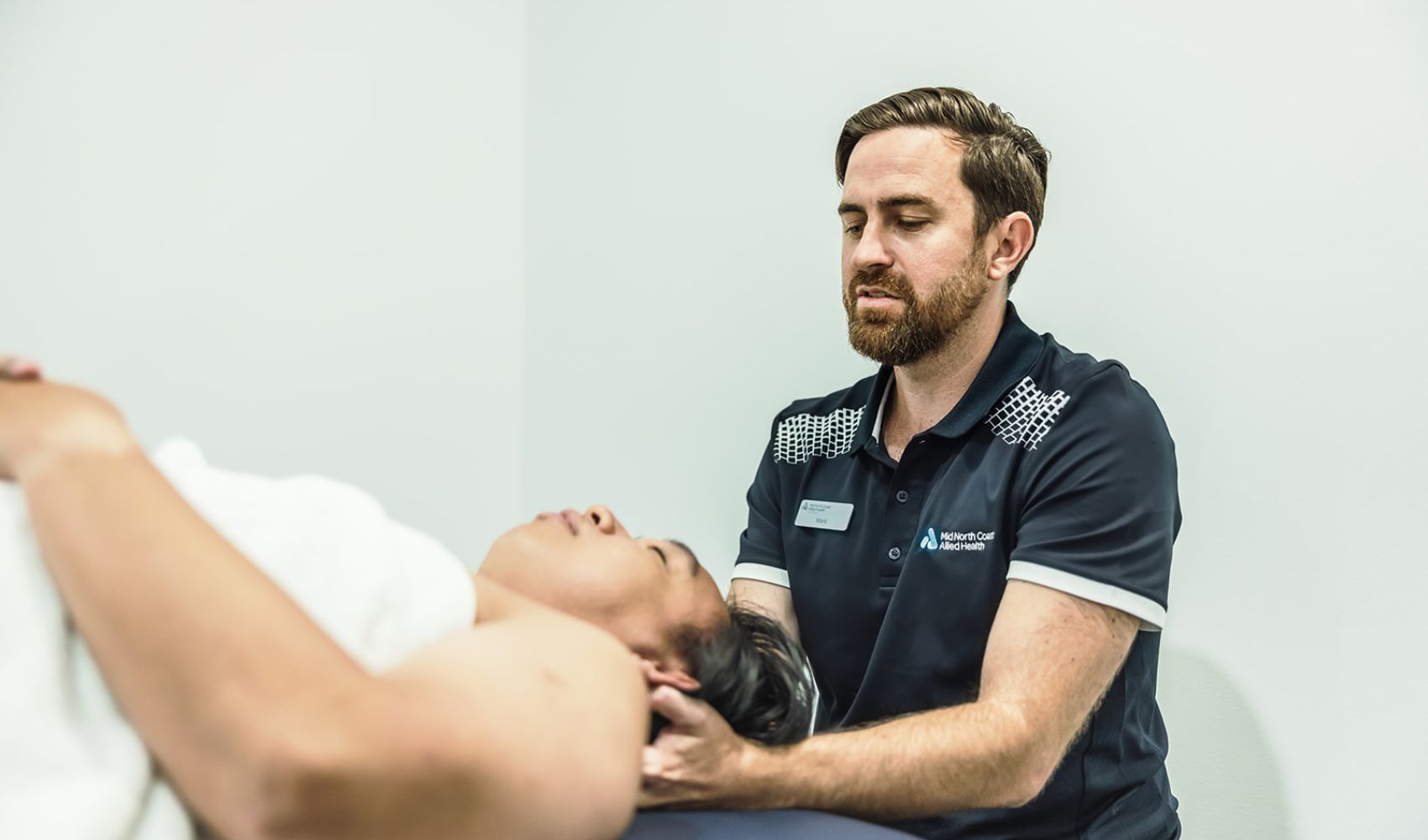
Concussion Services
Follow MNCAH Hastings on socials
Follow MNCAH Coffs Coast on socials
© 2023 Mid North Coast Allied Health | Privacy Policy | Disclaimer | Website by The Digital Laneway